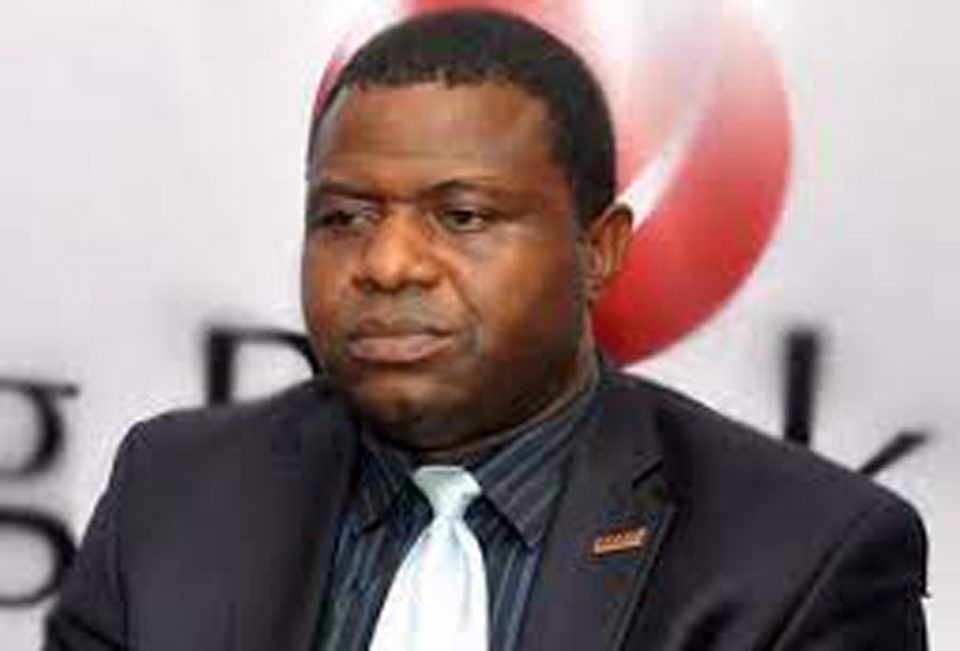In furtherance of its advocacy efforts, the Manufacturers Association of Nigeria, MAN, has called on the Federal Government to take urgent measures to revamp the economy.
Top on the list of these measures are reduction in Interest rate; Foreign Exchange Rates and Inflation Rate, which is the most critical factor in the Ease of Doing Business.
This was disclosed by the Director of Research and Advocacy, MAN, Dr Olowasegun Osidipe at a one day workshop organized on Tuesday, by the Nigerian Union of Journalists, NUJ, Lagos State Chapter, with the title, “AfCFTA Hurdles before Nigerian Manufacturers”,
Osidipe who represented the Director General, MAN, Dr. Segun Ajayi-Kadiri stated that real economic growth cannot be achieved in Nigeria until these 3R are properly addressed by the three tiers of government, adding that both governments and private sector must contribute towards addressing those militating factors.
According to him, “Monetary Policy Rate, MPR, has remained at 11.50 percent while the asymmetric corridor was stable at plus 100 and minus 700 basis points around the MPR. Cash Reserves and Liquidity Ratios were unchanged at 27.50 percent and 30.00 percent respectively.
“In the same way, inflation has been confronted with upward pressure due to emerging risks both domestically and externally. Nigerian banks have noted a downward path for inflation, highlighting supply-side factors like the problem of premium motor spirits; persistent insecurity and fallout from Russia-Ukraine war, as upside risks to the inflation outlook.
“Most banks have recorded growth, though the growth will continue to improve, but will remain fragile, as such, banks have ruled out an interest rate hike in light of the potentially suffocating impact of the war in Ukraine on Nigeria’s economy.
“Also, tightening of financial conditions in the country would not bring about the desired drop in inflation.
“Therefore, a loosening of the monetary policy stance would only serve to fuel inflation, partly through triggering foreign-exchange depreciation. The country would adopt to hold stance, as it would indicate a precautionary and consistent policy stance with the prevailing economic conditions, particularly as further economic and financial shocks are exerted from the ongoing Russia-Ukraine war.”
He noted that Consumer Prices rose to 1.76 percent in April, up from March’s 1.74 percent, adding that the economy reflected a stronger rise in food and non-alcoholic beverages; housing, water, electricity, gas and other fuels; and clothing and footwear prices.
“Inflation in April rose to an eight-month high of 16.8 percent from March’s 15.9 percent.
“Moreover, annual average inflation eased to 16.4 percent in April from 16.5 percent in March. Lastly, core inflation, which excludes volatile agricultural produce, came in at 14.2 percent in April, rising from March’s 13.9 percent.
“Inflation in Nigeria is structurally high, but it is often tolerated by the CBN, which is wary of obstructing economic growth. The jump in the consumer price index over April will be hard for the central bank to ignore.
“Price growth in 2022 shows no signs of slowing down, and international food and fuel prices will remain elevated as long as the Russia-Ukraine war rages.” The policy maker stressed.




